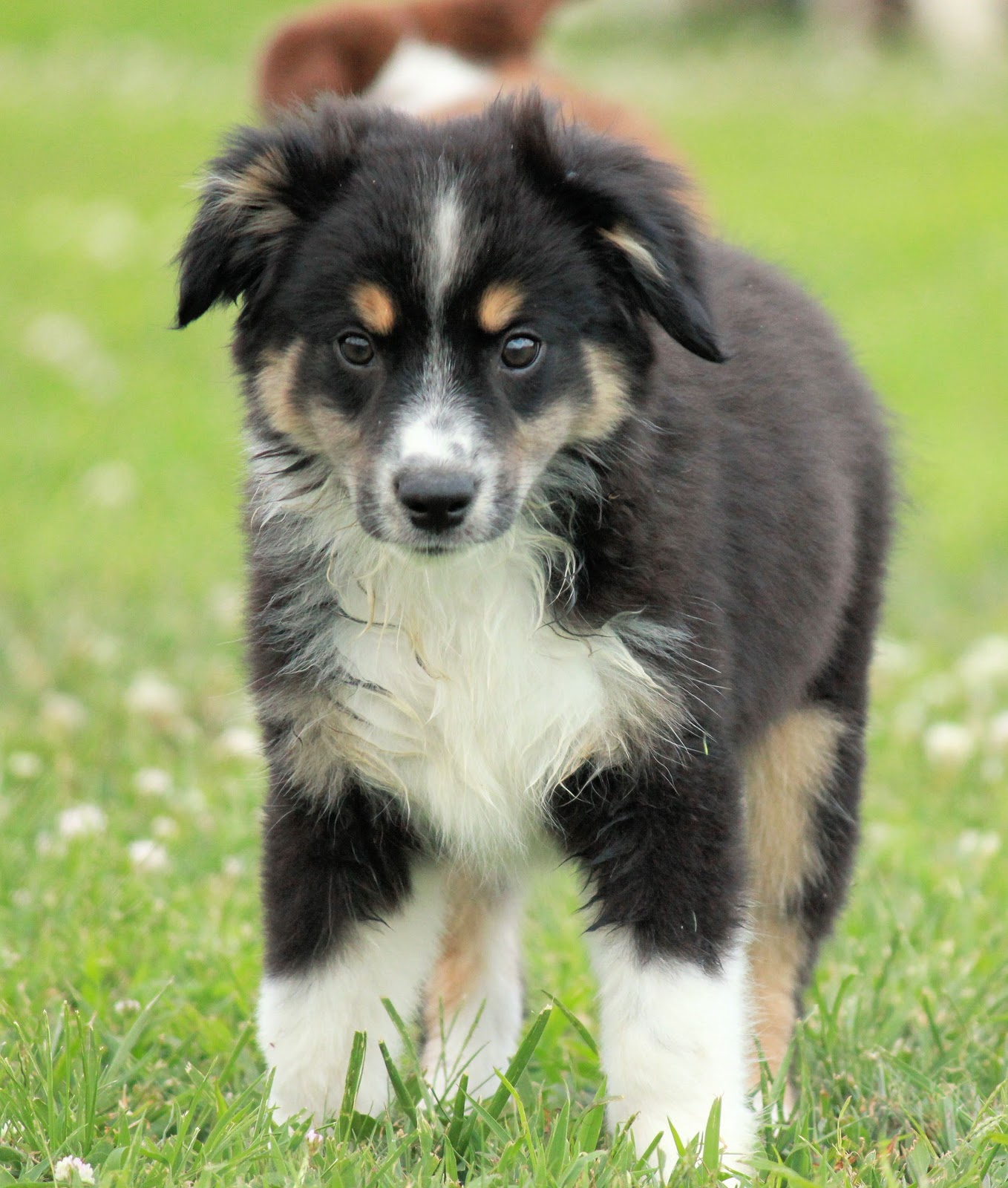Mini Aussie puppies are a delightful addition to any family, bringing joy, energy, and companionship into our lives. These adorable little furballs are not just smaller versions of their larger Australian Shepherd counterparts; they possess a unique charm and personality that captivates everyone they meet. Their intelligence and eagerness to please make them highly trainable, while their playful nature ensures that boredom is never a part of the equation. As more people discover the wonders of mini Aussie puppies, they are rapidly gaining popularity among dog lovers everywhere.
In addition to their charming demeanor, mini Aussie puppies are a perfect fit for a variety of lifestyles. Whether you live in a small apartment or a spacious home with a backyard, these puppies can adapt to your living situation. Their moderate exercise needs and friendly disposition make them suitable for families, singles, and seniors alike. As you embark on the journey of welcoming a mini Aussie puppy into your home, you will find that they bring not only companionship but also a sense of joy and purpose.
As you consider adding a mini Aussie puppy to your family, understanding their characteristics and needs is essential. This article will explore what makes these puppies so special, how to care for them, and the reasons behind their rising popularity. From their playful antics to their loyal companionship, mini Aussie puppies are sure to win over your heart and become a cherished member of your family.
What Are Mini Aussie Puppies?
Mini Aussie puppies are a smaller variant of the Australian Shepherd breed. They typically weigh between 20 to 40 pounds and stand 14 to 18 inches tall at the shoulder. Despite their size, they retain the same energetic and intelligent traits as their larger counterparts. Mini Aussies are known for their striking coat colors and patterns, which can range from merle to solid black, red, and blue. Their lively personality and affectionate nature make them a popular choice for families and individuals alike.
What Makes Mini Aussie Puppies So Special?
Mini Aussie puppies have several distinctive qualities that set them apart from other breeds:
- Intelligence: Mini Aussies are highly intelligent and quick learners, excelling in obedience training and agility sports.
- Affectionate Nature: These puppies form strong bonds with their families and are known for their loyalty and affection.
- Playful Spirit: Their playful and energetic demeanor ensures that there is never a dull moment at home.
- Adaptability: Mini Aussies can adapt to various living situations, making them suitable for different lifestyles.
How to Care for Mini Aussie Puppies?
Caring for mini Aussie puppies involves several important aspects:
- Nutrition: Provide high-quality puppy food to support their growth and development.
- Exercise: Regular exercise is crucial for their physical and mental well-being—aim for at least 30 to 60 minutes of activity each day.
- Socialization: Early socialization with other pets and people is essential to ensure they grow into well-rounded adults.
- Grooming: Regular brushing helps manage their coat and reduce shedding.
Are Mini Aussie Puppies Good with Kids?
Yes, mini Aussie puppies are generally good with children. Their playful and energetic nature makes them great companions for kids. However, it is essential to supervise interactions between puppies and young children to ensure that both parties are safe and comfortable. Teaching children how to interact gently and respectfully with puppies can foster a strong bond between them.
What Are the Common Health Issues in Mini Aussie Puppies?
Like all breeds, mini Aussie puppies can be prone to certain health issues. Some common concerns include:
- Hip Dysplasia: A genetic condition affecting the hip joint, leading to arthritis and discomfort.
- Eye Issues: Conditions such as cataracts and progressive retinal atrophy can occur.
- Epilepsy: Some mini Aussies may experience seizures due to this neurological condition.
Regular check-ups with the veterinarian and responsible breeding practices can help mitigate these health risks.
How to Train Mini Aussie Puppies Effectively?
Training mini Aussie puppies can be a rewarding experience. Here are some effective training tips:
- Positive Reinforcement: Use treats, praise, and play to reward good behavior.
- Consistency: Establish clear rules and commands, and be consistent in enforcing them.
- Socialization: Expose your puppy to various environments, people, and other animals to build confidence.
- Short Sessions: Keep training sessions short and engaging to maintain their focus and enthusiasm.
Where to Find Mini Aussie Puppies?
Finding a mini Aussie puppy can be an exciting yet challenging task. Here are some options to consider:
- Reputable Breeders: Research and select a breeder who prioritizes health testing and responsible breeding practices.
- Rescue Organizations: Consider adopting from rescue groups that specialize in Australian Shepherds or mixed breeds.
- Pet Adoption Events: Check local shelters and pet adoption events for available puppies in need of a loving home.
What Is the Lifespan of Mini Aussie Puppies?
The average lifespan of mini Aussie puppies ranges from 12 to 15 years. With proper care, regular veterinary check-ups, and a healthy lifestyle, many mini Aussies can live long and fulfilling lives. Being proactive about their health and well-being will ensure that your mini Aussie puppy thrives for years to come.
In conclusion, mini Aussie puppies are a wonderful blend of intelligence, affection, and playfulness, making them ideal companions for various lifestyles. By understanding their needs, training them effectively, and providing them with a loving home, you can enjoy a rewarding relationship with these adorable puppies. Whether you're considering adding a mini Aussie puppy to your family or simply want to learn more about them, there's no denying the joy they bring into our lives.
Finding Home: The Heartwarming Journey Of Westside German Shepherd Rescue
Discover The Delight Of Somethin Sweet Donuts
Unveiling The Height Of Bruno Mars: How Tall Is He Really?


